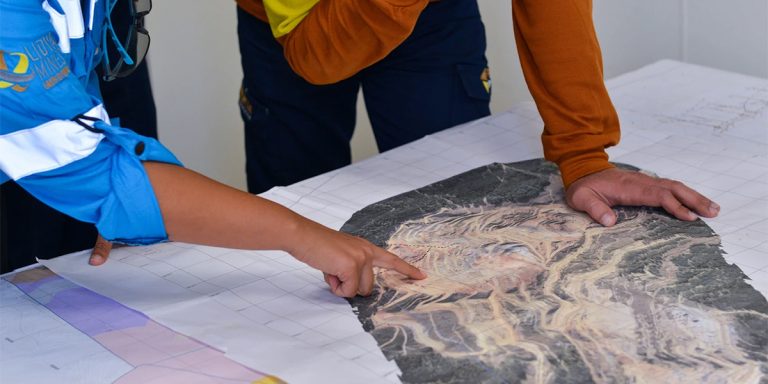It is widely accepted that the use of fossil fuels is damaging our environment and an urgent transition to renewable, sustainable energy sources is needed to slow or reverse the damage already caused. This was highlighted this past year when Europe experienced an energy crisis due to Russia’s invasion of Ukraine and the subsequent slowdown in oil delivery through the Nord Stream pipeline. In November 2022, only 1.86 Bcm of oil was delivered to Europe, compared to 10.09 Bcm delivered in the same period the previous year.
In response to this crisis, European leaders released the REPowerEU concept, a plan to make Europe independent of Russian fossil fuels by 2030. This plan seeks to diversify gas supplies, increase renewable gases, and boost energy savings. This has led to increased investment and reliance on sustainable energy sources, with 173.5 GW in new solar capacity added in 2021 and a further 260 GW planned for 2022.
The renewable energy industry is growing rapidly, combining wind energy, solar power, hydropower, and bioenergy sources. Data is playing an increasingly important role in this development, with AI and predictive analytics allowing solar and wind farms to increase efficiency, optimize the number of panels or turbines needed and forecast energy generation. For solar farms, robots are being deployed for cleaning missions in order to increase capacity.
In addition, renewable energy storage solutions are being developed to ensure that no energy is lost when production exceeds capacity. These solutions involve either the electricity company or the energy farm storing the energy until it is needed. An alternative is a decentralized energy market where industrial buildings or neighborhoods buy their energy directly from energy farms and store it until it is required.
Manufacturing plants have a significant environmental impact, contributing 20% of the world’s carbon emissions and consuming 54% of the world’s energy sources. To reduce this impact, manufacturing companies need to look into investing in sustainable energy sources such as solar panels on large roofs and parking areas. AI technology and automated cleaning tools can help optimize energy yield by up to 30% and save significantly on operating costs.
Governments are also taking steps to encourage renewable energy usage, offering tax credits, subsidies and other incentives, as well as changing zoning laws where necessary, to encourage construction of solar panels on residential homes and apartment buildings, as well as commercial establishments such as office buildings and shopping centers.
Globally, there were over 300 gigawatts of renewable energy created in 2022; however this is still just a small portion of the world’s total energy supply of 14,500 gigawatts. To make a significant dent in our reliance on fossil fuels, there needs to be significant investment from governments worldwide in research and development. Countries such as Germany, Costa Rica, Scotland, Norway, Uruguay and Iceland have shown that with commitment from governments, renewable energy can provide a successful alternative to fossil fuels.











































